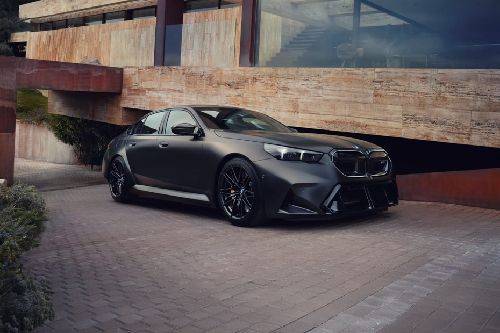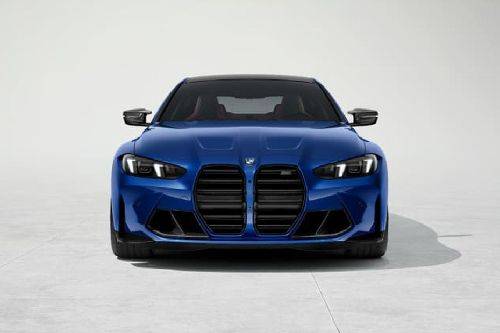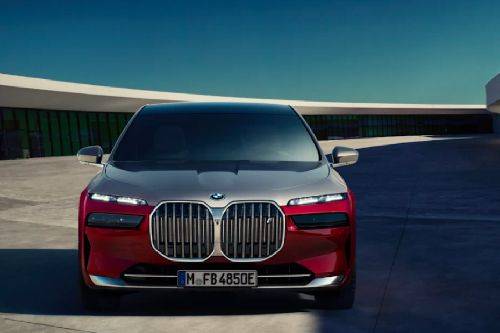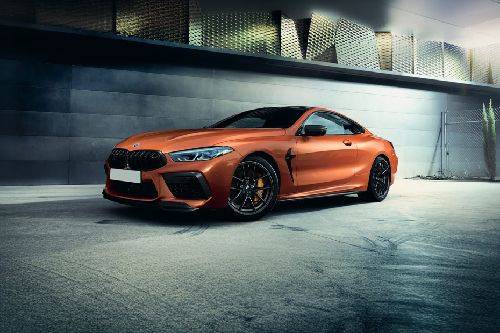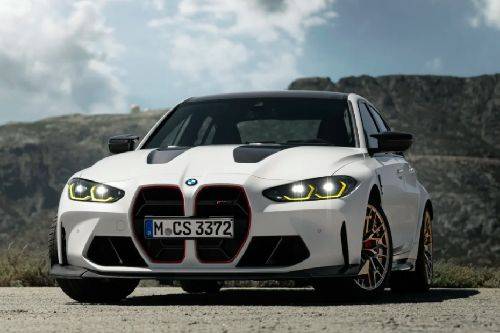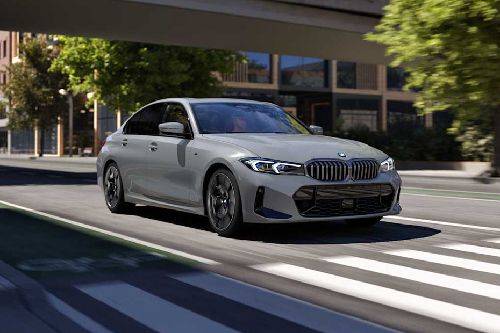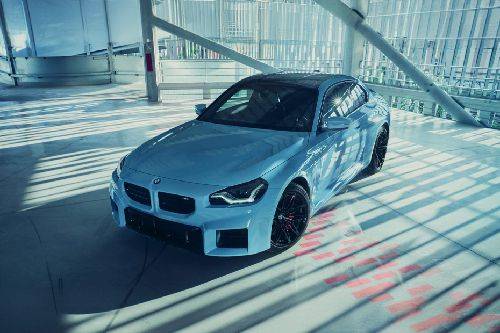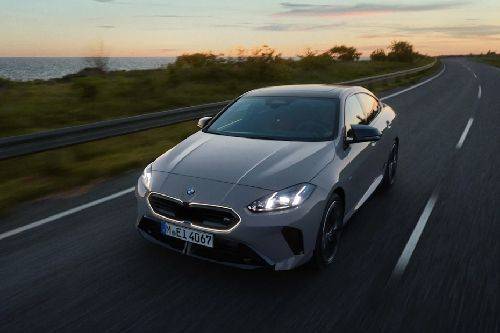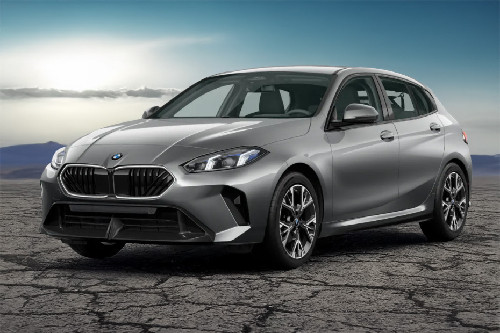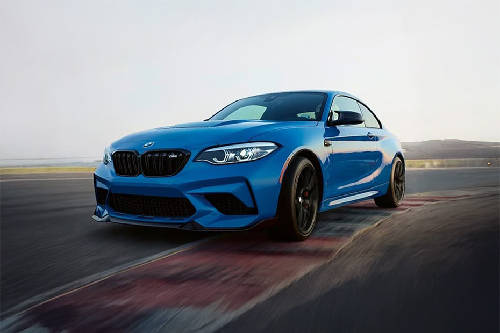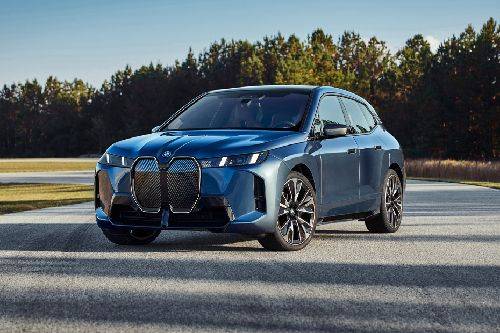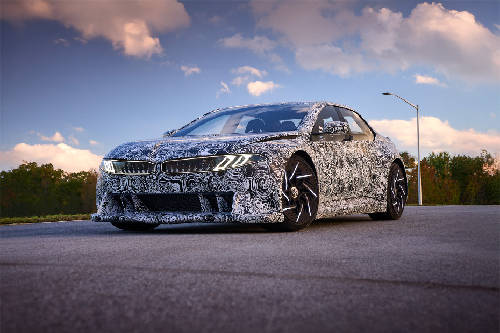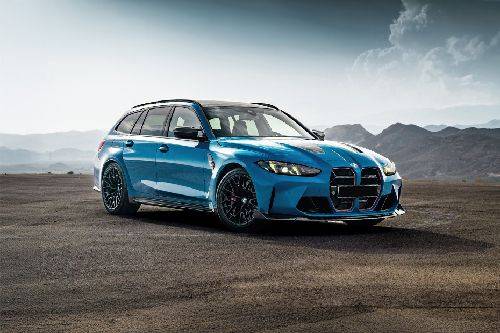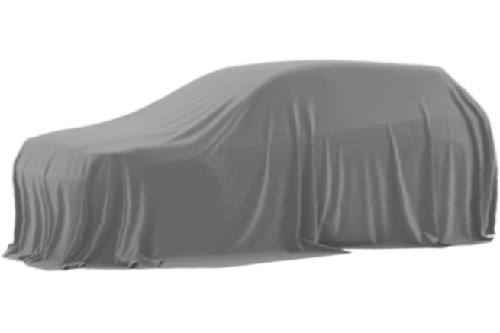BMW Confirms Inline-Six and V8 Engines Will Stay Until at Least 2030

Saudi Arabia : BMW M says they're not downsizing. Its powerful inline-six and V8 engines will remain for years.
KEY TAKEAWAYS
How will hybrid technology be used in BMW M models?
Hybrid technology will be used to support the big engines, not replace them. Electric motors will be used to improve performance without sacrificing the soul of the car.Can you give an example of how BMW M is using hybrid technology?
The recent hybrids from BMW, such as the V8-powered XM and upcoming M5, use electric motors as support to improve performance without fully shifting to electrification.- It won't shift to smaller 3- or 4-cylinder engines, even with the help of a hybrid.
- Hybrid technologies will support, not replace, big engines.
- Strong demand from the Middle East and US is what's keeping V8s alive.
BMW’s performance arm, M, has officially put to rest the speculations about the future of its signature engines. Despite growing emissions rules, particularly the Euro 7 standards, the brand confirms it will retain its legendary inline-six and V8 engines for now.
M models are in high demand in markets like the Kingdom of Saudi Arabia. So, this decision is practical and emotional.
Hybrid Support Without Sacrifice
M division boss, Frank van Meel, in a recent interview with Autocar UK, stated that the hardest part was not meeting new emissions laws. “Driving with a lambda one is the whole story… there's no cooling as you have to keep that.” He explained how Euro 7 does not allow the use of fuel for traditional cooling, which is what pushed BMW to explore alternative ways to manage heat without sacrificing output.
BMW has developed tweaks to make these engines cleaner, but not weaker. Van Meel added, “Our legacy is the six-cylinder in-line engine. The V8 has a long racing history, so our intent is to keep going.”
Why Smaller Engines Won’t Do
The engineering team at BMW has ruled out any move toward small-capacity engines in M cars, even if electric motors supported it. The idea of an M5 powered by a four-cylinder engine is off the table. As Van Meel put it, “I can not even imagine M5 having a four-cylinder engine.”
This decision rests on performance numbers and also on the core experience of M. BMW’s internal data shows over 95% of M customers don’t care much about the size of engine or layout — as long as it feels like an M car should.
What Makes M Feel Like M?
- A strong, emotional connection between driver and machine.
- The sound and presence of a real performance engine.
- Balanced weight, not overly dependent on mass of battery.
- A design and drivetrain that echoes motorsport DNA.
Markets That Still Want Power
The move is particularly relevant for places like KSA, where many customers still favour the feeling and tone of a proper V8. The excitement around large combustion engines is still high in regions like the Middle East and the United States, even though electrification is growing globally.
The recent hybrids from BMW, such as the V8-powered XM and upcoming M5 (G90/G99), use electric motors as support. But it hasn't fully shifted to electrification — rather, it is a smart blend. BMW M views hybrid tech as a way to improve without any need to change the soul of the car.
For now, and the years ahead, M fans in KSA can still count on the sound, thrill, and heartbeat of their favourite inline-six and V8 engines — and that’s worth celebrating.
BMW Car Models
Automotive News and Reviews
- Latest
- Popular
You might also be interested in
- News
- Featured Stories
Featured Car
- Latest
- Upcoming
- Popular

